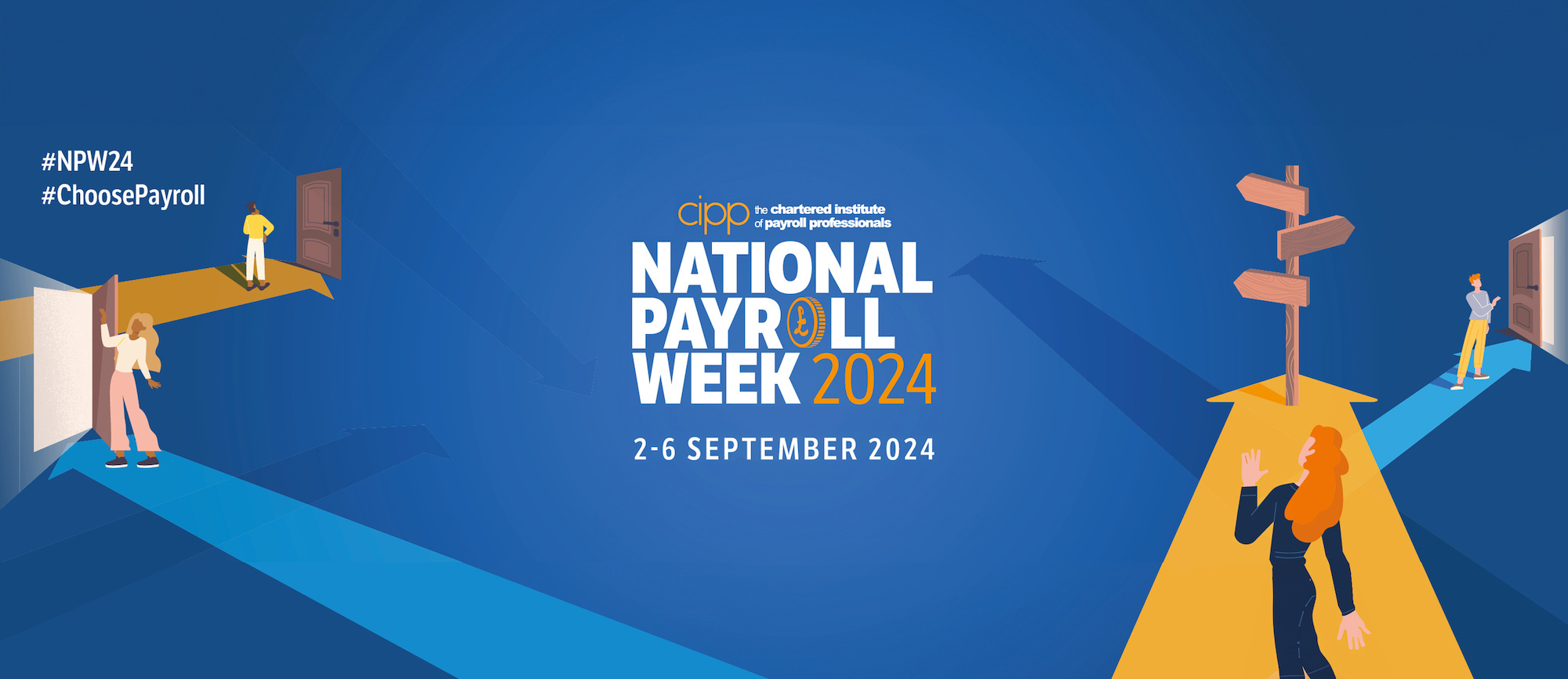
Universal Credit Explained

Learn about Universal Credit, its impact on payroll, and employer responsibilities in our special National Payroll Week update. Discover how earnings affect payments and more.
Universal Credit
Universal Credit has been round since 2013, but there are more challenges for the employer and payroll as the payment is based on monthly assessment and the income the employee has received in that month, so any increase to gross pay received can have a detrimental effect on what the individual receives.
Universal Credit is a monthly payment for those on a low income, out of work or cannot work, and is usually paid monthly in arrears, direct to the claimant’s account.
Employees can:
- Work more than 16 hours a week
- Increase their contracted hours
- Receive bonus payments
- Work overtime
- Have more than one job
- Be employed on any type of employment contract.
How do earnings affect Universal Credit?
When someone is employed, their Universal Credit payment reduces as they earn, so for every £1 they earn, their Universal Credit payment goes down by 55p. If they earn enough to reduce their Universal Credit to £0, then payments will stop.
Depending on circumstances, some may be eligible for a work allowance. This is an amount that they can earn before their Universal Credit is reduced.
Universal Credit will automatically adjust each month to reflect any changes to monthly earnings if:
- Someone’s earnings reduce in a month then Universal Credit will usually increase
- Their earnings increase, their Universal Credit will usually reduce.
Certain deductions are not discounted when determining the value of the earnings, for example, student loan repayments and court order deductions.
Employer Responsibilities
Employers do not need to know if their employees are on Universal Credit, but some may tell their employer if they wish to.
You are not required to tell DWP about any employees who are getting Universal Credit.
PAYE (Pay As You Earn) employers and their payroll providers must:
- Give the employee’s PAYE information (their ‘Full Payment Submission’ (FPS)) to HMRC on or before the day they’re due to be paid
- Enter the usual date that you pay your employees on your FPS, even if you pay them on a different date because their normal date falls on a non-banking day, for example a weekend or a bank holiday.
Incorrect or late information could result in non-receipt of Universal Credit payments.

.png)
.png)
